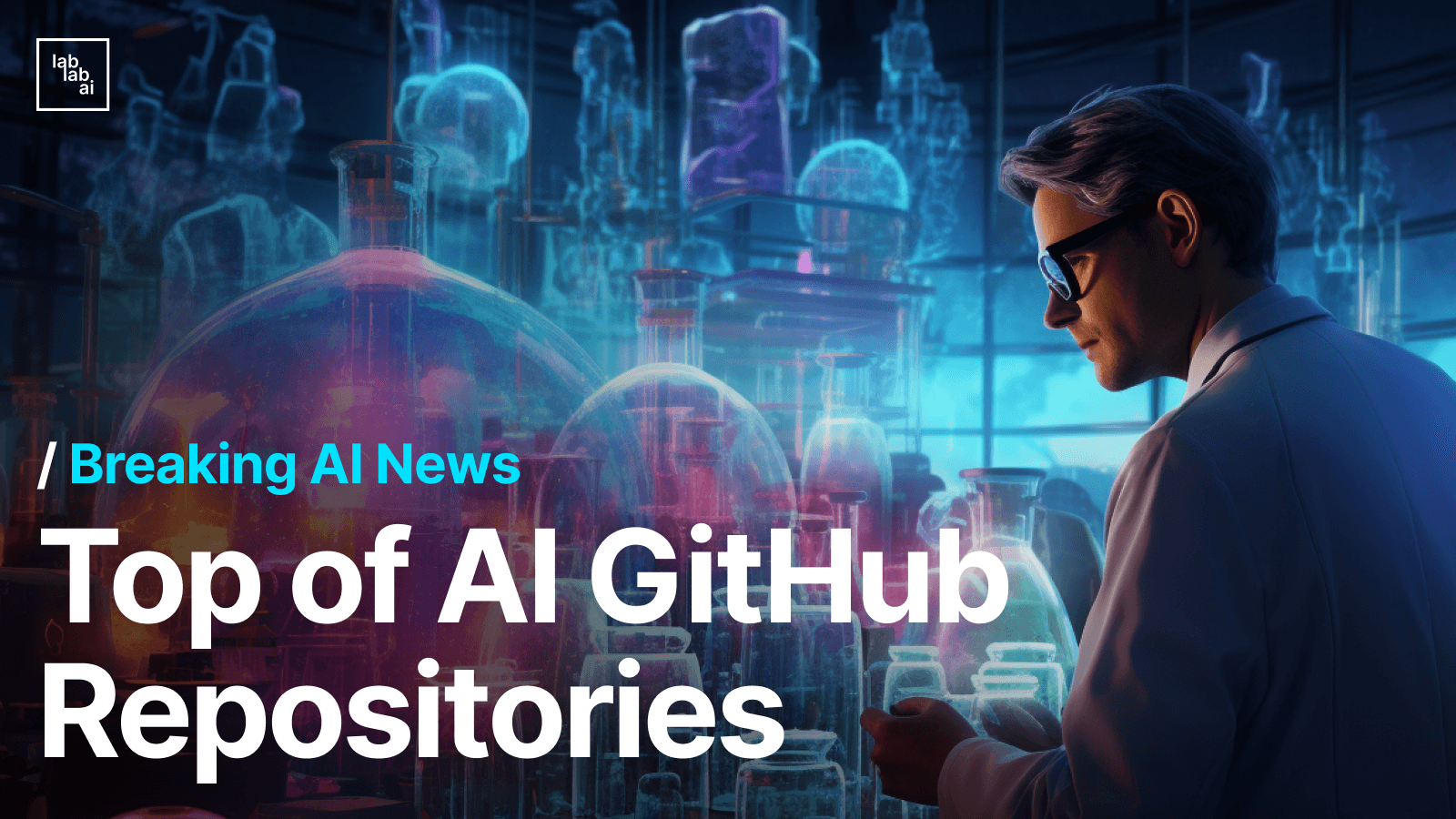Generative AI Platforms Enable Rapid Application Development

The field of generative AI continues to see incredible advances, providing developers new opportunities to build next-generation apps. Several open-source projects demonstrate how generative models like GPT-3 can be leveraged to accelerate development workflows.
Council - An Open Platform for Customizable Generative AI Apps
Council, created by startup Chain ML, offers a platform for quickly spinning up customized generative AI agents. Built in Python and Rust, Council provides advanced control and oversight capabilities compared to directly using Large Language Models (LLMs) like GPT-3.
Key features include:
- Easy integration with popular generative AI libraries like Anthropic's Claude and AI21's Jurassic-1.
- Deployment scalability on multiple platforms with enterprise-grade monitoring.
- Granular tuning of model behavior through prompts and conversational workflows.
- Mitigation of risks like biased or harmful output.
This enables developers to rapidly prototype and iterate new AI assistants, chatbots, creative tools, and more with predictable behavior. Council is still in active development, but shows promise as an open-source solution for robust and ethical generative app deployment.
PyScript Allows Python Apps in the Browser
PyScript brings the power and flexibility of Python to web application frontends. It uses Pyodide (a Python interpreter compiled to WebAssembly) to run Python directly in the browser.
PyScript makes it easy to leverage Python libraries like NumPy, Pandas, Matplotlib, TensorFlow, and PyTorch to create interactive visualizations, ML demos, and more. Combined with generative AI APIs, developers can build browser apps with capabilities like:
- Answering natural language questions by querying large datasets.
- Generating images and audio from text prompts.
- Producing code and explanations from code comments.
PyScript handles packaging dependencies, connecting Python to the DOM, and translating between Python and JavaScript types automatically. It enables rapid prototyping of ideas before investing in full-stack development.
OpenAI's Retrieval Augmented Generation for ChatGPT-Style Apps
OpenAI demonstrated how its models can be applied to enterprise search scenarios through an open-source demo app on GitHub.
The app indexes data from a fictional company to allow employees to ask questions about internal policies and operations. It combines:
- Azure Cognitive Search for indexing content.
- Azure OpenAI for accessing GPT-3 capabilities.
- Retrieval Augmented Generation where search results provide context for generative text.
This pattern improves answer accuracy and relevance compared to generative models alone. The app also explores UI options like showing evidence snippets and rating responses.
Key Takeaways
- Enterprise data APIs enable GPT-style experiences. Generative models don't require massive internet scraping.
- Retrieval helps ground AI, while generation handles complex questions and reasoning.
- UX tweaks like evidence trails build user trust.
Expect more turnkey solutions for internal AI agents as vendors optimize architectures for enterprise search.
AI Town - Multiplayer Environment for AI Characters
AI Town offers an intriguing platform for simulating AI agents in a virtual world. Developed by a16z's infrastructure team, it provides a foundational environment where AI characters can interact through chat.
The project aims to support complex, customizable simulations spanning conversational AI to economies and games. Its goals align with research into digital beings with consistent memory and goals.
Built-in capabilities include:
- Multi-user chat with persistent state stored in ConvexDB.
- User authentication.
- Events system for simulating transactions.
- Integrations with GPT-3 and Claude for text generation.
- Multiplayer support through live synchronization.
AI Town is in early stages, but is promising for testing next-generation AI prototypes. It encourages community contribution to a shared platform.
Automating Podcast Production Workflows
Independent podcasters are also leveraging AI to automate tedious editing and production tasks. Smol-podcaster Salvatore Giordano handles transcription, chapter marking, titles, and social media post generation for his show.
Key features:
- Clean transcripts with speaker diarization via AssemblyAI API.
- Chapter timestamps identified by analyzing transcript.
- Title generation fine-tuned on past episodes.
- Post templates personalized for Twitter and LinkedIn.
This demonstrates how hobbyist creators can build assistive AI tailored to their creative workflows. As consumer AI capabilities advance, we'll see more niche power-user applications like smol-podcaster.
Key Trends
These projects showcase some leading edges in applying generative AI:
- Customization - Pretrained models adapted for specific domains and use cases
- Hybrid approaches - Combining retrieval, reinforcement learning, reasoning, etc. with generation
- Developer empowerment - Enabling rapid prototyping of AI apps and tooling
- Multi-agent environments - Testing cooperative and competitive dynamics between AIs
- Assistive creativity - Automating rote parts of creative workflows
While LLMs continue improving, delivering impactful applications requires specialized architectures and human-centered design. Platforms like Council, AI Town, and tooling like PyScript will be crucial to translate AI hype into solutions that enhance—rather than replace—human capabilities.
